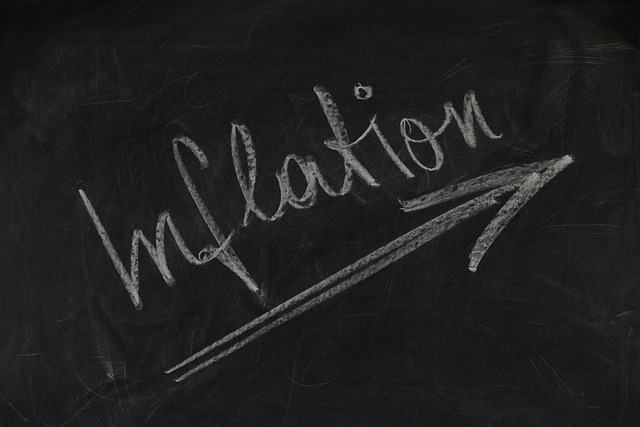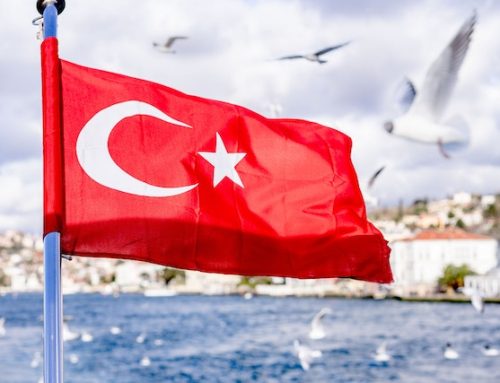Although year-on-year inflation in the OECD as measured by the Consumer Price Index (CPI) fell to 5.4% in July 2024 from 5.6% in June, developments varied widely across countries (Figures 1 and 2). Inflation increased in 17 of 38 OECD countries, declined in 11, and was stable or broadly stable in 10. It declined by nearly 10 percentage points in Türkiye, although it remained above 60%. Excluding Türkiye, OECD inflation is estimated to have been broadly stable in July. Headline inflation stood below or at 2% in nine countries in July, but exceeded 5% in four others.
Year-on-year OECD energy inflation rose to 3.3% in July from 2.3% in June, reaching its highest level since February 2023. It rose in 22 OECD countries but declined in 13. By contrast, OECD core inflation (inflation less food and energy) declined in July. OECD food inflation also declined, with no clear pattern across countries.
In the G7, year-on-year headline inflation was stable at 2.7% in July, with largest rises in Italy, which continued to record the lowest inflation in the group, and in the United Kingdom. Headline inflation in the United States fell below 3.0% for the first time since March 2021. Core inflation was the main contributor to headline inflation in all G7 countries except for Japan where the combined contribution of food and energy inflation exceeded that of core inflation (Figure 3).
In the euro area, year-on-year inflation as measured by the Harmonised Index of Consumer Prices (HICP) was broadly stable at 2.6% in July, compared to 2.5% in June. Energy inflation rose to 1.2% in July from 0.2% in June, while food inflation declined to its lowest level since July 2021 at 1.6%. Core inflation remained unchanged. In August 2024, according to Eurostat’s flash estimate, year-on-year inflation fell to 2.2 % in the euro area, with a decline in energy prices while core inflation is estimated to have remained broadly stable.
In the G20, year-on-year inflation fell to 6.7% in July from 7.1% in June. Headline inflation declined in Argentina, while still exceeding 260%, and fell in Indonesia and South Africa as well. Headline inflation increased in Brazil for the third consecutive month and in China where it stood at 0.5%. Headline inflation remained stable in Saudi Arabia.
Source: OECD
Legal Notice: The information in this article is intended for information purposes only. It is not intended for professional information purposes specific to a person or an institution. Every institution has different requirements because of its own circumstances even though they bear a resemblance to each other. Consequently, it is your interest to consult on an expert before taking a decision based on information stated in this article and putting into practice. Neither Karen Audit nor related person or institutions are not responsible for any damages or losses that might occur in consequence of the use of the information in this article by private or formal, real or legal person and institutions.






